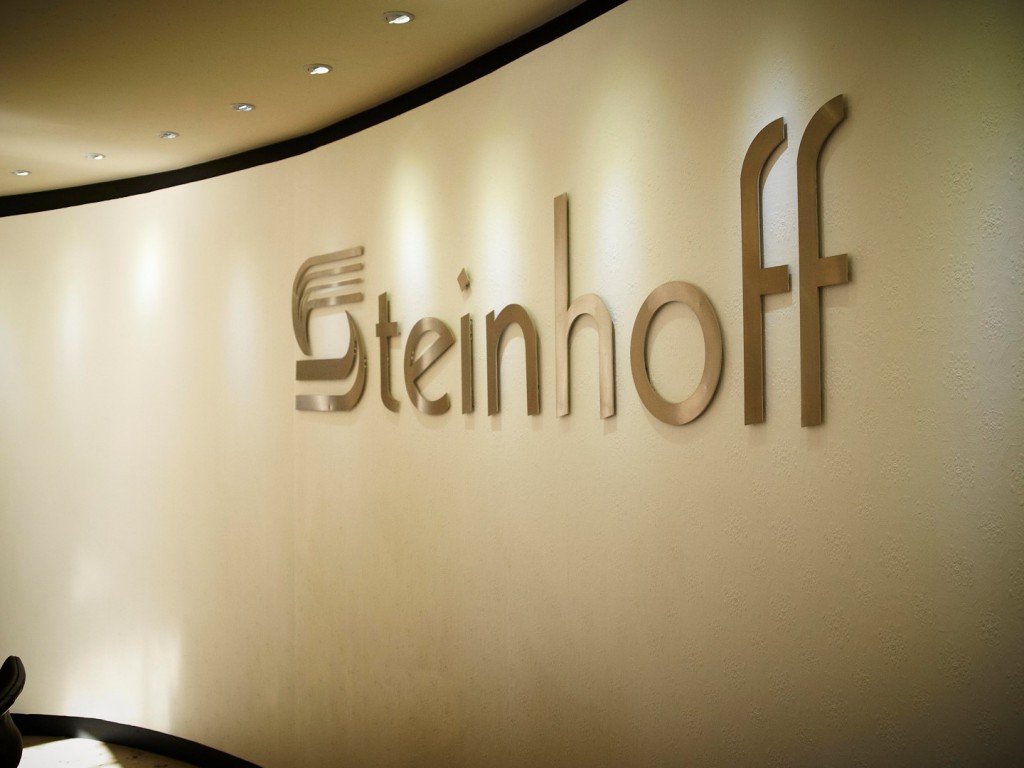Investors logged into the South African company’s virtual annual meeting held Friday protested against the extent of fees paid to various advisers

Steinhoff. Picture: Supplied
Steinhoff International shareholders voiced their frustration with the scandal-hit retailer by voting against proposed changes to director pay policies and rejecting financial statements for last year.
Investors logged into the South African company’s virtual annual meeting held Friday protested against the extent of fees paid to various advisers, some related to a deal the retailer reached with creditors to skip debt repayments following the group’s late-2017 accounting crisis.
The owner of the Pep clothing chain and Poundland in the U.K. was also questioned on whether it can finalise a proposed $1 billion settlement to resolve more than $8 billion of legal claims lodged against the company. A lawyer representing the Public Investment Corp., Africa’s largest money manager, added that an extensive probe conducted by auditors at PwC into wrongdoing at the company should be made public.
Steinhoff shareholders have had a rough time since the retailer reported financial irregularities more than two-and-a-half years ago, with the stock still worth less than 2% of its value before the issues came to light. The company has been able to survive by selling assets such as French furniture chain Conforama and agreeing new terms with lenders on about 9 billion euros ($543 million) of debt, but the threat of punitive legal action continues to weigh.
“We are dealing with many, many interested parties who all have a peculiar set of circumstances dealing with their interaction with the company,” Chief Executive Officer Louis Du Preez said at the AGM. “I have to emphasise that the outcome remains uncertain.”
More than 95% of investors rejected a change to management pay policy, which was to align with directives in the Dutch Civil Code. Almost 52% voted down the 2019 financial statements.
Steinhoff said earlier Friday it’s banking on cash-strapped consumers looking for cheaper clothes to drive sales at its discount chains such as Pep. Revenue in the nine months through June fell 6% to 6.76 billion euros, with the last quarter reflecting the peak of the pandemic worldwide, the company said in a statement.
As lockdowns continue to ease, sales at its European Pepco and Poundland outlets and African PEP and Ackermans stores are expected to benefit as “customers need these essential products every day, and the value focus gives the business some inherent resilience and a defensive positioning in times of economic turbulence,” the company said.
This article first appeared on Moneyweb and was republished with permission.
For more news your way, download The Citizen’s app for iOS and Android.
Download our app




